Vitamin C is essential for our health – that's common knowledge. But which foods contain the most vitamin C – and how can you ensure your daily needs are optimally met? In this article, learn which sources are best, what to look out for when preparing them, and which tips will help you get the most out of your diet.
The most important things in brief
Highly concentrated sources: Rose hips, bell peppers, and broccoli are among the top sources of vitamin C.
Note the preparation: Gentle methods such as steaming or eating raw preserve the vitamin content best.
Variety is important: Combine different foods to absorb not only vitamin C but also other valuable nutrients.
Why is vitamin C so important?
Before we turn to the best sources, a quick look at the importance of vitamin C: It supports our immune system, promotes wound healing , and plays a key role in collagen formation . It also helps the body absorb iron better and acts as an antioxidant, protecting cells from free radical damage .

Natural frontrunners – these foods provide particularly high levels of vitamin C
-
Rosehips : With approximately 1,250 mg of vitamin C per 100 g, they're a real vitamin bomb. Even a small amount is enough to cover your daily needs.
Tip: Rosehip tea or powder in smoothies can help you meet your daily vitamin C needs.
-
Peppers : Whether red, yellow or green – depending on the variety, peppers provide between 100 and 250 mg of vitamin C per 100 g.
Tip: Eat raw regularly as a snack or in salads to benefit from the natural vitamin content.
-
Broccoli : With about 90 mg of vitamin C per 100 g, broccoli is an excellent source.
Tip: Do not boil, but steam briefly to preserve vitamins and flavor.
-
Brussels sprouts : Also a good choice with about 85 mg per 100 g.
Tip: Prepare carefully and serve as a side dish.
-
Citrus fruits : Oranges, lemons and grapefruits provide between 50 and 70 mg per 100 g.
Tip: Whether freshly squeezed as juice or as a snack between meals, citrus fruits can be enjoyed in many ways.
-
Kiwi : With about 90 mg per 100 g, it is not only delicious but also rich in vitamin C.
Tip: Perfect as an ingredient in fruit salads or as a snack.
Support your immune system naturally with vitamin C from rosehip extract ! The high-quality Cellavent Essentials capsules provide over 200 mg of pure vitamin C per capsule – derived from whole, ripe rosehips. Perfect for supporting your immune system and protecting against oxidative stress. Vegan, additive-free, and suitable for long-term use. 90 capsules per jar – a 3-month supply.
How to absorb vitamin C properly: What you should pay attention to
Vitamin C is a delicate nutrient that can be quickly lost through improper storage or preparation. To maximize the potential of this essential vitamin, follow a few simple tips:
- Prefer freshness : The fresher the fruit or vegetables, the higher the vitamin content.
- Proper storage : Vitamin C is sensitive to light, heat, and oxygen. Therefore, always store food in a cool, dark place.
- Gentle preparation : Steaming or eating raw is ideal for minimizing vitamin loss. Cooking can destroy up to 50% of the vitamin content.
- Use acids : Vitamin C remains more stable when combined with acidic foods. For example, squeeze lemon over a salad.

Are juices and powders a good source of vitamin C?
Freshly squeezed fruit juices are a convenient way to meet your vitamin C needs. However, make sure they don't contain added sugar. Vitamin C powder from natural sources such as acerola or rose hips is also a useful supplement if your needs can't be met through diet alone.
Conclusion: Diversity for success
The best sources of vitamin C can be found in nature—from rose hips to bell peppers to citrus fruits. A variety of foods ensures that you not only get enough vitamin C, but also many other valuable nutrients. Make sure your food is fresh and prepared carefully to get the most out of it.


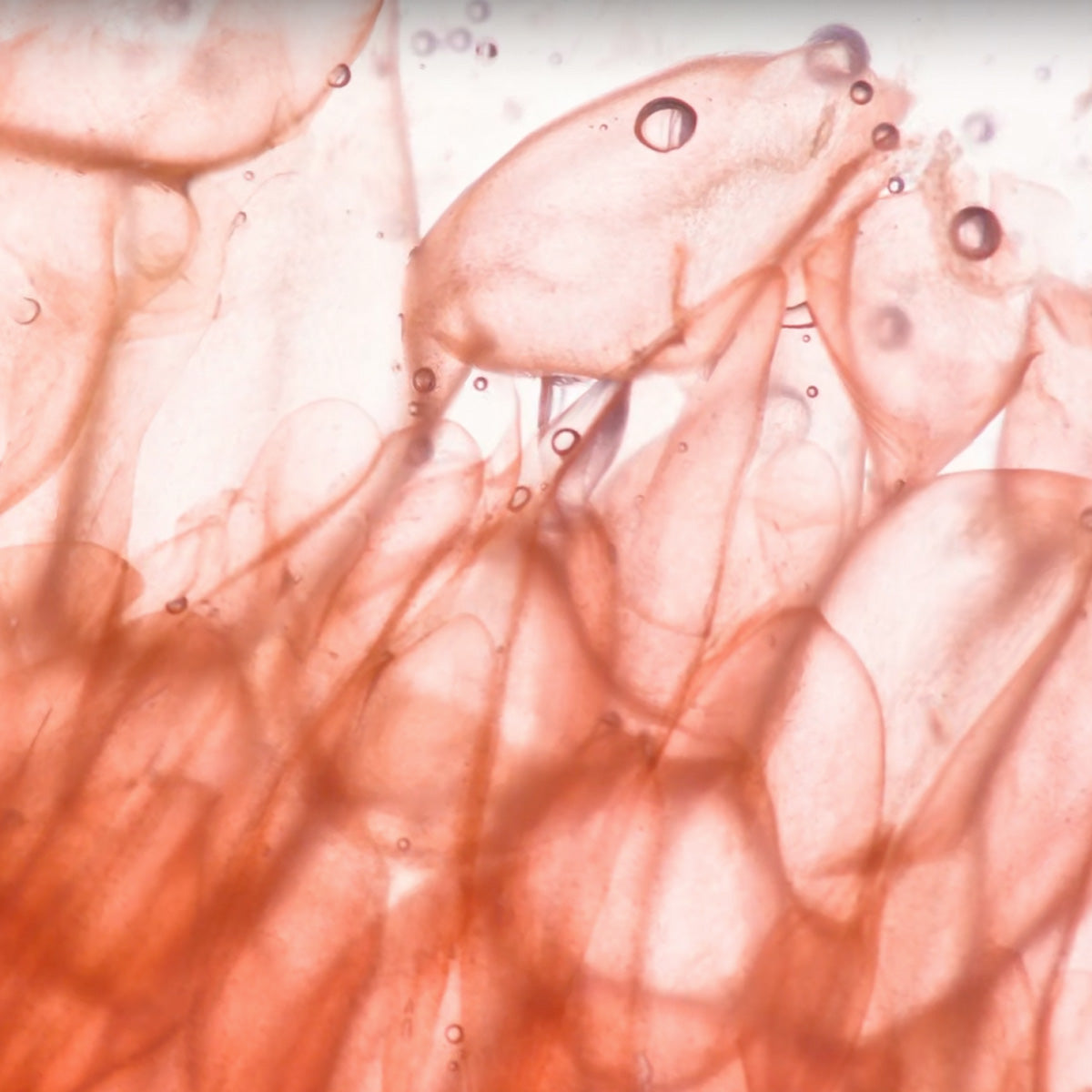
![Zinc Capsules [Zinc Bisglycinate]](http://cellavent.de/cdn/shop/files/CH_essentials-zink-kapseln-Produktbilder_2025.png?v=1760952204&width=104)
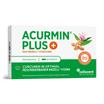
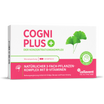
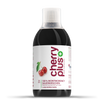
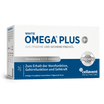
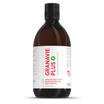
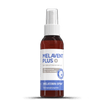
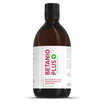
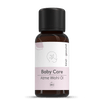
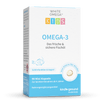
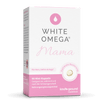
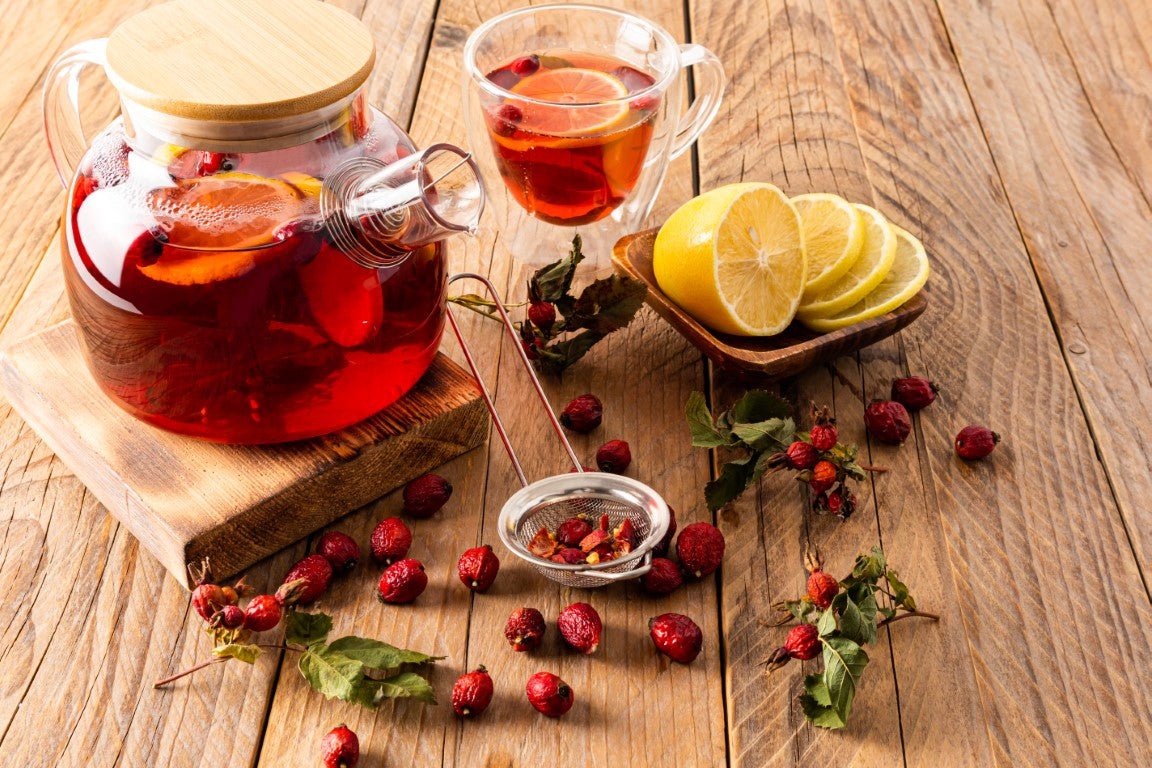



Leave a comment
This site is protected by hCaptcha and the hCaptcha Privacy Policy and Terms of Service apply.